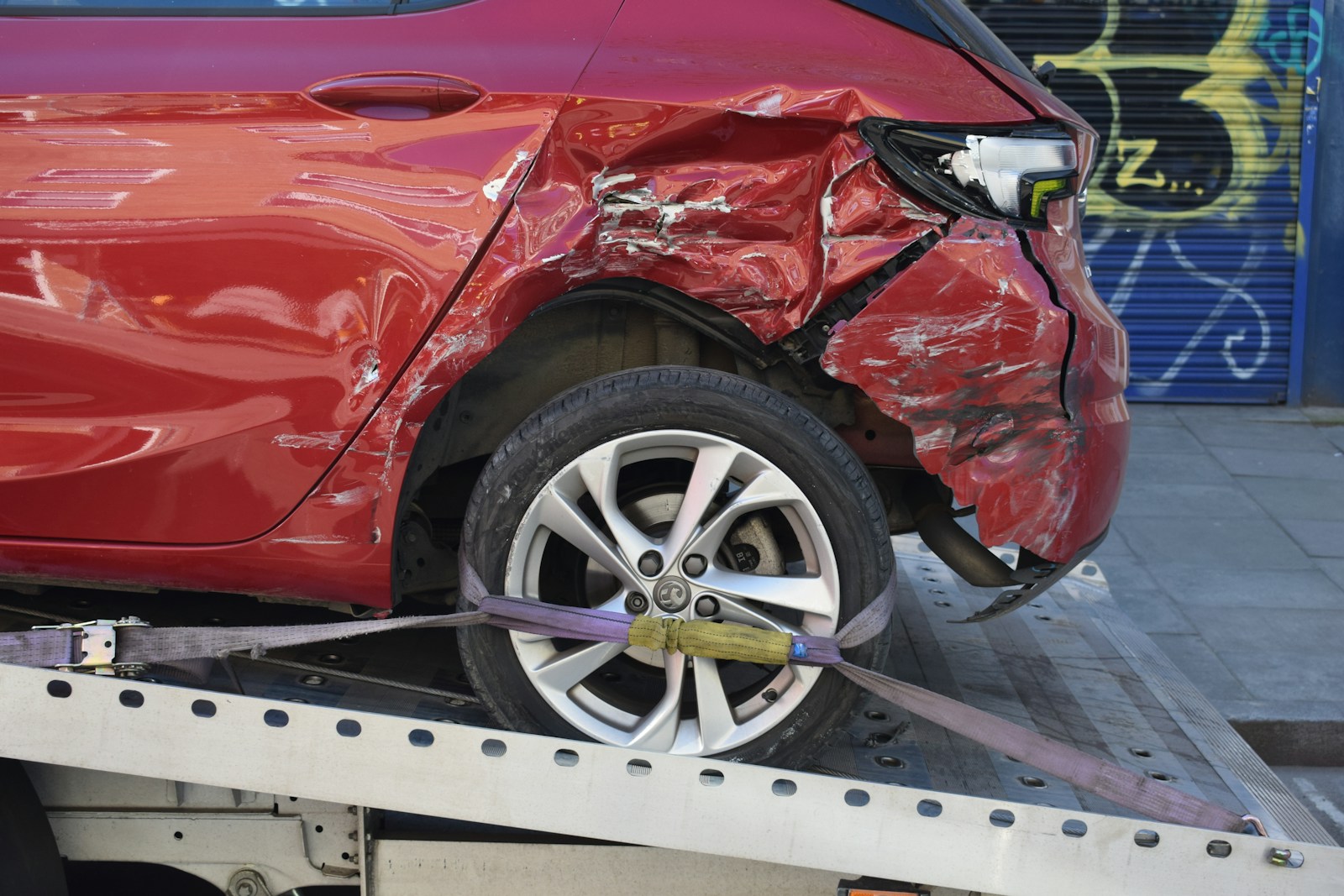No Payout for Peril: Supreme Court Says Heirs Can’t Claim Insurance for Driver’s Own Negligence

In a case that reinforces a well-settled tort law principle, the Supreme Court of India declined to interfere with a Karnataka High Court decision holding that the legal heirs of a person who dies due to their own rash and negligent driving are not entitled to claim compensation under the Motor Vehicles Act, 1988, which provides for compensation for death or injury caused by the negligent act of a motor vehicle. The decision in G Nagarathna & Ors. vs. G Manjunatha & Anr. not only upholds the statutory framework but also reinforces the public policy rationale that no one should benefit from their own wrongdoing.
Factual Background
The case arose from a tragic incident on 18 June 2014, when N.S. Ravisha was driving from Mallasandra village to Arasikere town in a Fiat Linea car, accompanied by his father, sister, and her children. Ravisha, driving at excessive speed and in violation of traffic norms, lost control of the vehicle, which overturned. He sustained severe injuries and succumbed to them.
His wife, son, and parents filed a claim for ₹80 lakh under Section 166 of the Motor Vehicles Act before the Motor Accidents Claims Tribunal (MACT) at Arsikere. The Tribunal rejected the claim on the ground that Ravisha was the tortfeasor, he himself caused the accident through his own negligence. Dissatisfied, the family appealed to the Karnataka High Court, which upheld the Tribunal’s decision, citing settled Supreme Court precedent that precludes a tortfeasor or their legal representatives from recovering compensation for injury or death resulting from their own negligence.
Arguments from Both Sides
Appellants’ Arguments:
The legal heirs argued that since Ravisha had merely borrowed the car and was not its owner, the insurance company should still be held liable under the policy covering the vehicle. They contended that the insurance contract was meant to protect against losses arising from the vehicle’s use.
Respondents’ Stand:
The insurance company and vehicle owner countered that the deceased effectively stepped into the shoes of the owner when he borrowed the car. In tort law, a borrower is treated as an owner because they assume both control and responsibility for the vehicle. Therefore, any negligence on the borrower’s part must be treated as negligence by the owner. Established tort law holds that no one can recover damages for their own wrongful acts and this applies equally to their successors.
Judicial Reasoning
In dismissing the appeal, the Supreme Court relied on key precedents:
- Ningamma & Ors. v. United India Insurance Co. Ltd. [(2009) 13 SCC 710]: Held that where an accident is caused due to the rash and negligent driving of the deceased himself, the legal representatives cannot claim compensation, as it would amount to profiting from one’s own wrong.
- Minu B. Mehta v. Balkrishna Nayan [(1977) 2 SCC 441]: Clarified that a borrower of a vehicle stands in the shoes of the owner for liability purposes. If the borrower’s own negligence causes harm or death, the insurance company is not liable to compensate for that loss.
The Court explained that tort law treats a borrower as an owner because by taking control and possession of the vehicle, the borrower assumes the same responsibilities and risks as the owner, including the duty to drive safely.
The Court emphasized that awarding compensation in such circumstances would be contrary to the fundamental principle that no person should derive benefit from their own wrong, a doctrine deeply embedded in tort law and public policy. The Court also rejected the argument that borrowing the car shifts the risk entirely onto the insurer, noting that the policy does not cover harm caused by the insured’s or an authorized drivers own negligence resulting in self-inflicted harm.
Judgment
A bench comprising Justices P.S. Narasimha and R. Mahadevan upheld the Karnataka High Court’s decision and dismissed the Special Leave Petition filed by the family:
“We are not inclined to interfere with the impugned judgment passed by the High Court. Hence, the Special Leave Petition is dismissed.”
While the Supreme Court did not issue a detailed judgment, its dismissal of the appeal without interference effectively affirms the High Court’s application of established tort principles.
Importantly, the ruling does not affect claims by third parties injured due to the deceased’s negligence; the insurer would still be liable for valid third-party claims under the Motor Vehicles Act.
Implications for Future Claims
This ruling reiterates that a tortfeasor or their legal heirs cannot claim damages for losses directly attributable to their own negligence. For claimants, it underscores the necessity of proving that the deceased was not responsible for the accident. For insurers, it provides a strong defense against claims where the insured’s own wrongful conduct caused the fatality, ensuring that insurance does not become a backdoor means to profit from reckless driving.
It is important to note that while the legal heirs of a negligent driver cannot claim compensation for the driver’s death, third parties injured or killed in the same accident due to the drivers own negligence would still have valid claims under the Motor Vehicles Act.
Policy Considerations
From a policy perspective, the judgment aligns statutory law with fundamental tort principles and safeguards public interest by discouraging reckless driving and misuse of the compensation framework. It ensures the compensation mechanism does not become an unintended incentive for unlawful behavior on the roads.
Conclusion
The Supreme Court’s dismissal of the SLP in G Nagarathna & Ors. vs. G Manjunatha & Anr. is a timely reminder that the principle “no man shall profit from his own wrong” is an enforceable legal doctrine. By reaffirming this position, the Court has ensured that the balance between victim protection and accountability under the Motor Vehicles Act remains intact, promoting responsible driving and safeguarding the integrity of the insurance system.
For more details, write to us at: contact@indialaw.in
By entering the email address you agree to our Privacy Policy.



